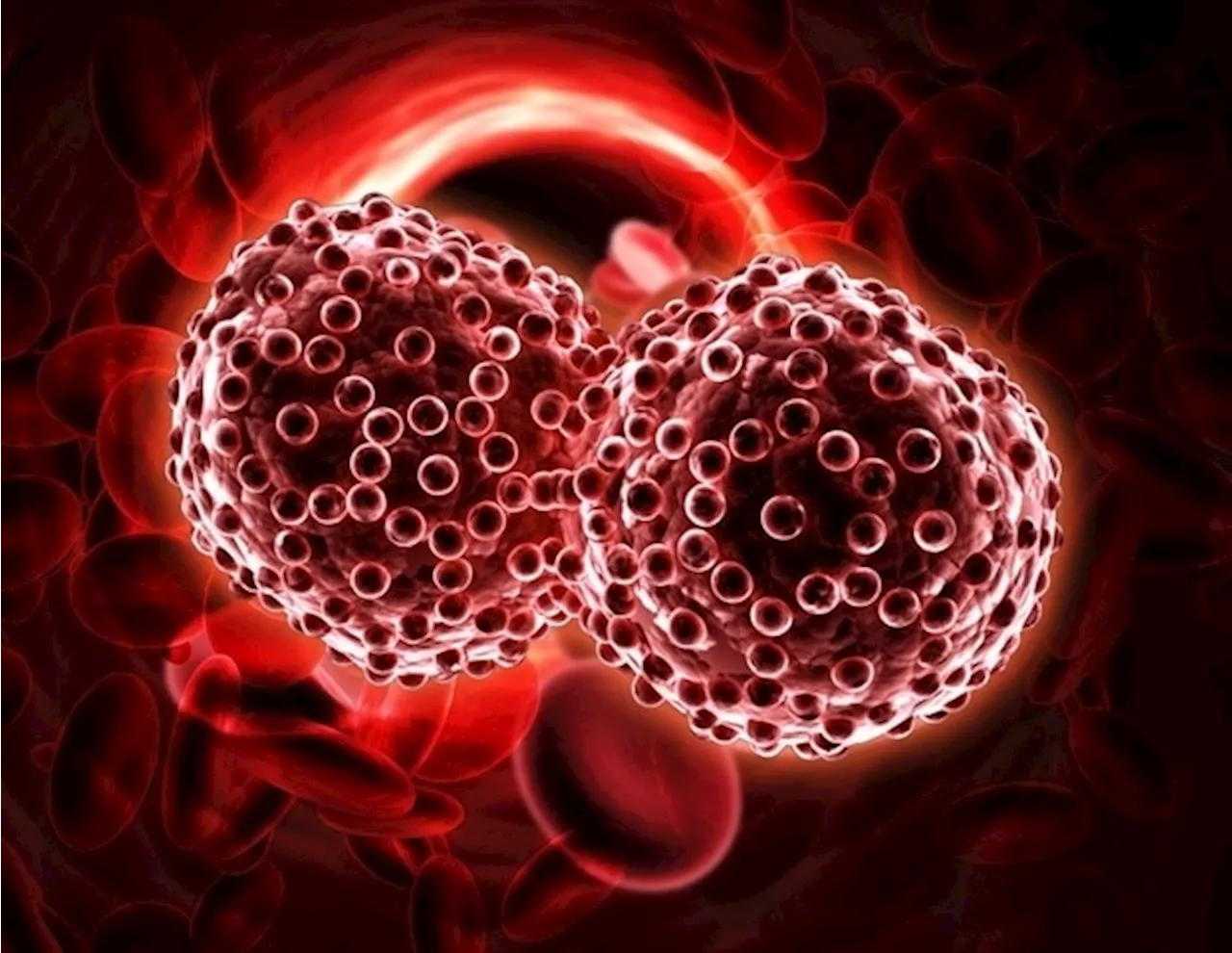A new study suggests that both F.A.S.T. and BE-FAST acronyms are effective in prompting people to call 911 at the first sign of a stroke. However, participants remembered the key stroke warning signs (face, arm, and speech) better with the F.A.S.T. acronym.
American Heart AssociationJan 30 2025 When it comes to prompting people to call 911 at the first sign of stroke, both F.A.S.T. and BE-FAST stroke warning signs acronyms were equally effective. However, people remembered the key stroke warning signs better with the F.A.S.T. acronym, according to a preliminary study to be presented at the American Stroke Association's International Stroke Conference 2025. The meeting is in Los Angeles, Feb.
Both F.A.S.T. and BE-FAST are acronyms used as health communication mnemonics to help a person remember important warning signs of stroke. The Association convened a diverse group of researchers with expertise in stroke, epidemiology and market research to conduct a study, which focused on the general public, to assess whether F.A.S.T. or BE-FAST leads to better stroke symptom recall and whether either acronym is more likely to prompt calling 911. Assessments of stroke and symptom knowledge among the two acronym groups were taken at baseline, immediately after viewing a 1-minute educational video and 30 days later.
STROKE F.A.S.T. BE-FAST 911 EMERGENCY RESPONSE
United Kingdom Latest News, United Kingdom Headlines
Similar News:You can also read news stories similar to this one that we have collected from other news sources.
 New survey reveals that employees with poor sleep are 'bad for business'A wake-up call for bosses as study finds that poor sleep hurts work productivity.
New survey reveals that employees with poor sleep are 'bad for business'A wake-up call for bosses as study finds that poor sleep hurts work productivity.
Read more »
 Ebola Virus May Spread Through Skin Contact, Study FindsA new study reveals that the Ebola virus (EBOV) can travel through the skin's layers and appear on the surface, potentially enabling person-to-person transmission through skin contact.
Ebola Virus May Spread Through Skin Contact, Study FindsA new study reveals that the Ebola virus (EBOV) can travel through the skin's layers and appear on the surface, potentially enabling person-to-person transmission through skin contact.
Read more »
 B-Corp Websites Emit Significant Carbon Emissions, Study FindsA new study reveals that websites of B-Corp certified companies contribute to a substantial amount of carbon emissions annually. The research emphasizes the need for B-Corps to prioritize reducing the environmental impact of their websites.
B-Corp Websites Emit Significant Carbon Emissions, Study FindsA new study reveals that websites of B-Corp certified companies contribute to a substantial amount of carbon emissions annually. The research emphasizes the need for B-Corps to prioritize reducing the environmental impact of their websites.
Read more »
 T21 Law Could Prevent 526,000 Smoking-Related Deaths by 2100, Study FindsA new study led by Yale researchers has found that the federal Tobacco 21 (T21) law, which raised the minimum age to buy tobacco products from 18 to 21, could prevent up to 526,000 premature smoking-related deaths by 2100. This figure more than doubles the estimate provided in a 2015 National Academy of Medicine report.
T21 Law Could Prevent 526,000 Smoking-Related Deaths by 2100, Study FindsA new study led by Yale researchers has found that the federal Tobacco 21 (T21) law, which raised the minimum age to buy tobacco products from 18 to 21, could prevent up to 526,000 premature smoking-related deaths by 2100. This figure more than doubles the estimate provided in a 2015 National Academy of Medicine report.
Read more »
 First Real-World Study Finds Low Risk of Blood Cancer Associated with Clozapine UseA new study from the University of Hong Kong has found that the risk of blood cancer associated with the use of clozapine, a highly effective antipsychotic drug, is very low. The study suggests that with stringent blood monitoring measures, it may not be necessary to further restrict the use of clozapine.
First Real-World Study Finds Low Risk of Blood Cancer Associated with Clozapine UseA new study from the University of Hong Kong has found that the risk of blood cancer associated with the use of clozapine, a highly effective antipsychotic drug, is very low. The study suggests that with stringent blood monitoring measures, it may not be necessary to further restrict the use of clozapine.
Read more »
 Optimal Breakfast Calories Protect Heart Health, Study FindsA new study reveals that consuming 20 to 30 percent of your daily calories at breakfast can significantly reduce the risk of heart disease and promote healthy aging.
Optimal Breakfast Calories Protect Heart Health, Study FindsA new study reveals that consuming 20 to 30 percent of your daily calories at breakfast can significantly reduce the risk of heart disease and promote healthy aging.
Read more »
